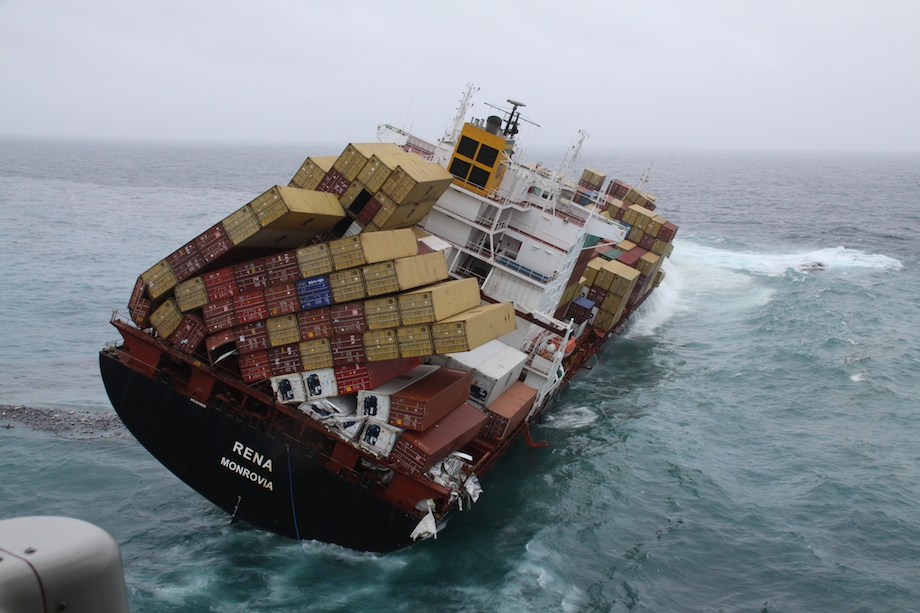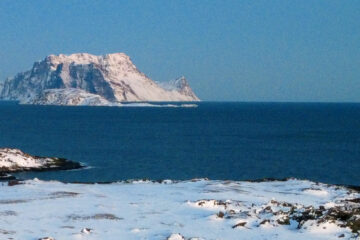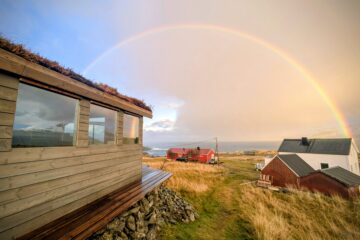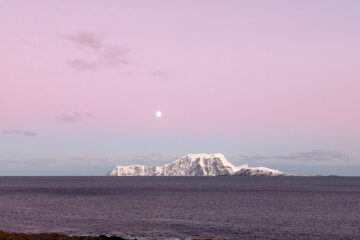
Our planet is warming up and the sea feels it. We should imagine ourselves in the same position of a crew crossing an ocean with limited resources. This is a humble article of advice for those who would consciously like to help, coming from the experience of months in the middle of the sea with nothing else to depend on but ourselves
- One dollar, one vote: Don’t ask the government to do what you should do yourself. Every time you spend a dollar you are making a choice, you vote. Do your best to give your money to companies who behave properly towards nature and environment.
- Carbon dioxide: the oceans absorb one third of the CO2 we produce and contain 50 times the carbon present in the atmosphere. The sea is our carbon sink, and we are turning it more acidic with immense damage. Reduce your carbon footprint and go sailing.
- Containers: Always keep in mind that a good part of what warms the planet and damages the sea is due to the transport of goods. mainly through containers. An average of 1500 containers, mainly containing plastic-packaged goods, is lost each year and stay there for ages. It means pollution and danger to sailors. Buy local.
- Plastic: when you buy the groceries for a 30 days crossing at sea you realize how much useless plastic there is in packaging. The amount of damage made by plastic is enormous. Just avoid it as much as you can, from plastic bottles to McDonalds cups to plastic bags. Avoid plastic, period.
- Water: the average water consumption in europe is 220 litres pppd. On a classic sailboat crossing it can be reduced to 3-4 litres pppd. Get used to save water with simple tricks like having quick showers, brushing teeth without letting the water flowing, and do not rinse the dishes before the dishwasher. And choose a parsimonious garden.
- Salt and soil: after plastic, the ocean suffers greatly from increased salinization coming from rivers which also carry phosphates and the soil lost through intensive farming. Please avoid pruducts which make an extensive use of soil and chemical products such as corn glucose and soy. Be aware of what you buy.
- Electricity: never forget that if you sail or drive on batteries, you do not solve any problem whatsoever, you just consume energy far away from where that energy is produced. Therefore take well into account that the planet has to process not only the production of electricity but also the batteries when you finish using them.
- Producing energy: boats, like houses, can nowadays produce energy in various ways, mainly with water/wind generators or solar panels. Most of these systems are subsidized. When making your choices, please consider the efficiency of the whole system you create (including the processing of old solar panels) and keep in mind that
usually the cheapest the way to go, the kinder on the planet. In boats, after 20 years experience, the most efficient way to produce energy is the diesel engine, which you have to use anyway. - Fish: after sailing most of the Atlantic and the Pacific Ocean, what I learnt of the fishing industry is truly depressing, especially in developing countries where corruption of officials to obtain permits for easy fishing is the norm, and where fishermen are really paid a misery for an incredible amount of work. Huge and powerful companies from Japan, Russia, Spain and China call the shots. Fish farming has been an immense relief on some species (salmon) and from what I hear great progress has been made on the farming methods. Tuna ‘farms’ where wild tuna is trapped, fattened and killed, is on the other side a real horror especially in Spain. I would suggest to go local as much as possible, or buy fish farmed in civilized countries under precise rules. So, as for fruits and vegetables, go local, organically farmed and avoid canned tuna and industrial products with dubious provenance.
- Sea mammals: these are the most Amazing creatures, our cousins in the sea. Support Sea Shepherd and boycott countries and products hunting whales.




